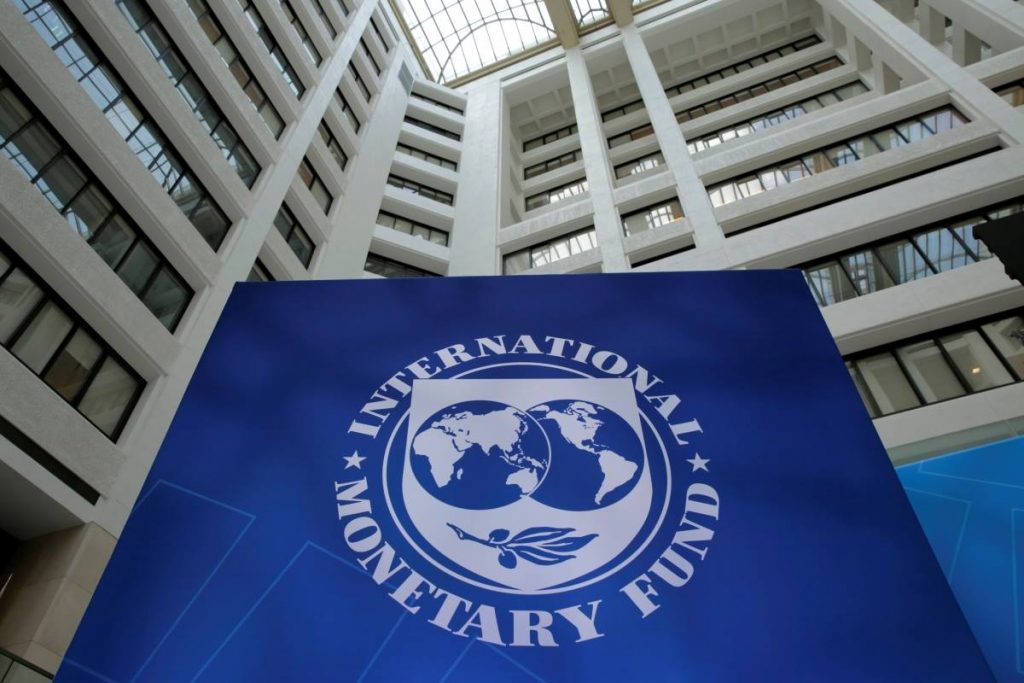The Georgian authorities and an International Monetary Fund (IMF) team have reached staff-level agreement on policies for completion of the first review under the Stand-By Arrangement (SBA).
The IMF team led by James John held meetings in Tbilisi during October 26 – November 7, 2022 to conduct discussions on the first review of Georgia’s economic reform program supported by the IMF SBA.
“The agreement is subject to approval by IMF management and consideration by the Executive Board, which is expected in December 2022. Completion of the review will make SDR30 million (about $38 million) available to Georgia. The authorities are treating the program as precautionary.”
John said the “Georgian economy has performed strongly in 2022 as adverse spillovers from the war in Ukraine thus far have generally been less impactful than expected earlier.”
“Buoyant tourism revenues, a surge in immigration and financial inflows triggered by the war, and a rise in transit trade through Georgia come on the heels of a robust recovery from the pandemic and have lifted growth and fiscal revenues, strengthened the current account balance and the lari, and supported accumulation of foreign currency reserves. Credit growth has slowed, but inflation remains elevated reflecting still high commodity prices and strong domestic demand. Quick and appropriate NBG action has helped limit the impact of the war on the financial sector, including by requiring banks to adhere to relevant sanctions,” he asserted.
He noted that the “growth is now projected at 10 percent in 2022, while annual inflation is forecast to close the year at 10½ percent.”
“Growth and inflation are expected to slow in 2023, on the back of moderating external inflows, deteriorating global economic and financial conditions, smaller fiscal deficits, and a sufficiently tight monetary policy stance. Over the medium term, growth is projected to converge to its potential rate of about 5 percent, supported by infrastructure investments and structural reforms to increase productivity. Inflation is forecast to fall to the NBG’s target level of 3 percent in 2024,” John stated.
